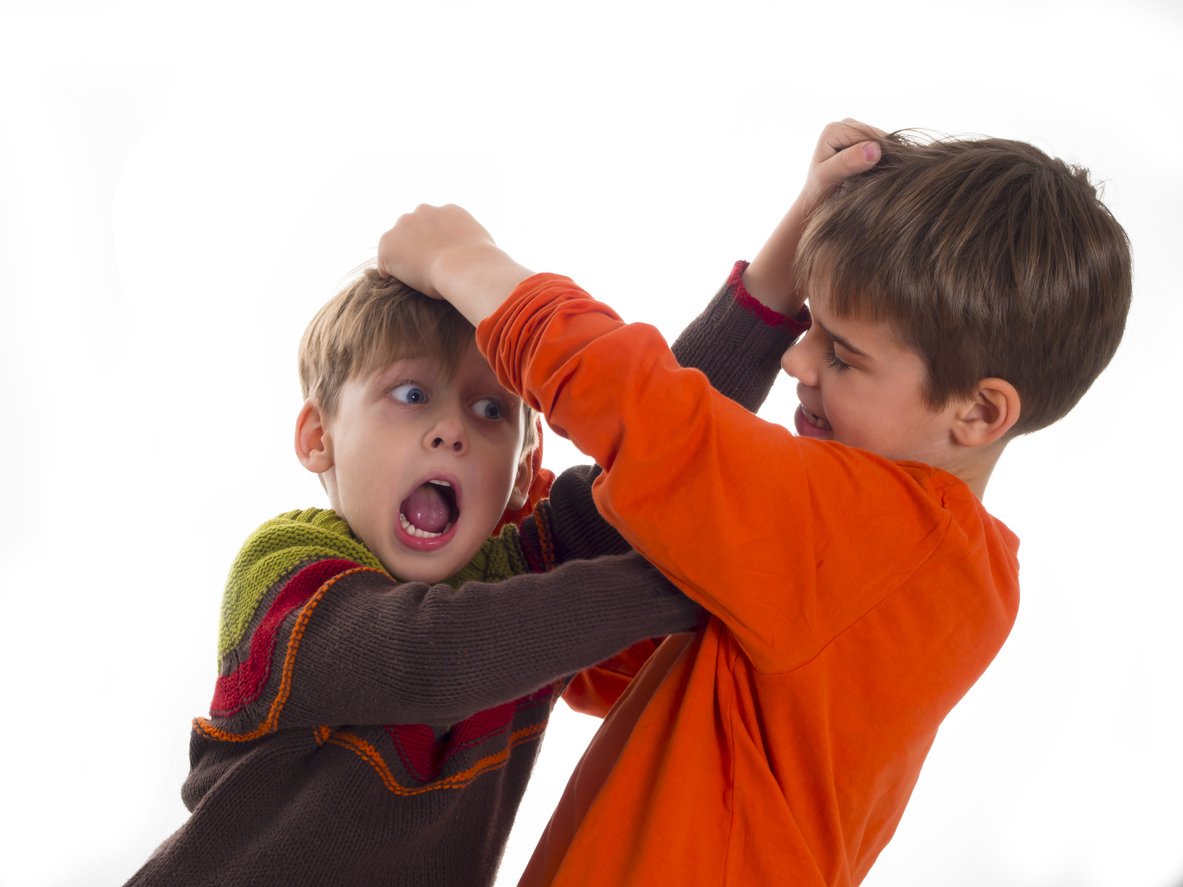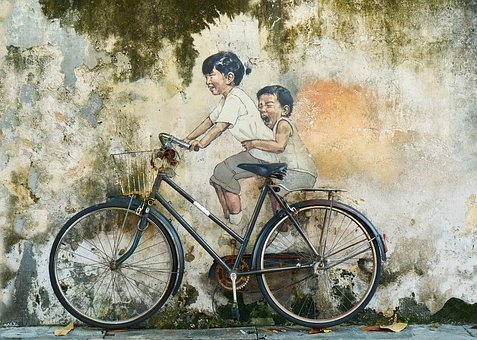
If your child’s taken to hitting others it can be decidedly stressful. You might feel that your little one – and your parenting - is being judged by all and sundry, as well as being concerned for their ‘victims’, whilst also working out how to address this unwanted behavior in the heat of the moment.
But rest assured there are things you can do to nip hitting in the bud before it becomes a long-term habit.
1. Look for any patterns behind when hitting incidents occur
Working out when and why your child is hitting will help you spot the best ways to prevent and tackle it. Generally little ones lash out because they have feelings they can’t yet express or even understand, in the same way that this can cause tantrums. Toddlers particularly are prone to this – it’s very much part of the so-called ‘Terrible Twos’. Remember we’re looking for explanations though, not excuses…
2. Consider whether any major changes in their life might be affecting behaviour
Think about whether there’s something going on in their life generally that’s leaving them unsettled. The arrival of a new baby, a family separation or a parent returning to work can leave small children craving attention. Hitting can be a way of getting you to notice them more - a misguided one to our adult eyes, but for toddlers and preschoolers, often any attention is seen as worth courting.
3. Observe whether aggression arises when they’re especially tired, hungry or scared
Other causes include tiredness, hunger or feeling scared. If your little one is uncomfortable in a hectic playgroup or nursery environment for instance, it could be that hitting is a way of expressing this. Children who struggle to share toys or take turns might also lash out.
4. Address any underlying causes and triggers that you spot
If there’s an ongoing issue that you think underlies the aggressive behaviour, look at ways you can practically address this. If they’re overwhelmed at nursery or struggling to share, work with the staff on ways to help them feel more comfortable. Try role playing with taking turns for example. For those who are hitting for attention, look to carve out a spell of time for them and just you to share a story/ cuddle/ chat every day.
5. Decide on your response in advance of future incidents and agree it with any other carers
It’s best to get strategic here! If you’re scrambling around stressed and embarrassed wondering how to respond in the heat of the moment, you might not pick the best way to manage your child.
Have an answer in mind to ‘if my child hits, I will do x’. Ensure other regular carers in your little one’s life – babysitters, grandparents etc. use the same approach as you if possible. Young children do best with consistency and will be confused if say, you and your partner are reacting to their hitting but the grandparents ignore it.
6. Have clear, immediate consequences
Delaying your response until you’re back home from that playdate or playgroup will be too remote for a young child to link the hitting to the consequences. You must take action at the time.
When an incident happens, get down to your child’s level and state very firmly ‘no hitting’ (or similar), make them apologise to their ‘victim’ and calmly remove them from the situation for some time out. Be careful not to give them too much attention during this spell away if they are hitting to gain one-on-one time with you. Some parents find that giving the victim lots of attention works well in this scenario.
7. Don’t hit your child to show them what it is like…or laugh
Never hit your child to show them how it feels - it will likely confuse them and might even give the impression that when we’re annoyed with somebody physical aggression is the right way to act. Also, never laugh!
8. If you know your child is prone to hitting keep an extra eye on them around other kids
It’s only fair to other children to make the effort to be particularly vigilant and ready to intervene if problems occur. You’ll also find other parents are more forgiving when the worst happens if you’ve been watching out for problems.
And finally, if you are concerned about your child's behaviour, talk to your doctor, health visitor or other health professional.
Resource: https://www.supernanny.co.uk/Advice/-/Parenting-Skills/-/Discipline-and-Reward/8-tips-to-help-stop-your-child-hitting-other-children.aspx

 KSA
KSA Bahrain
Bahrain UAE
UAE Qatar
Qatar Jordan
Jordan Egypt
Egypt Turkey
Turkey South Africa
South Africa




(0) Comments